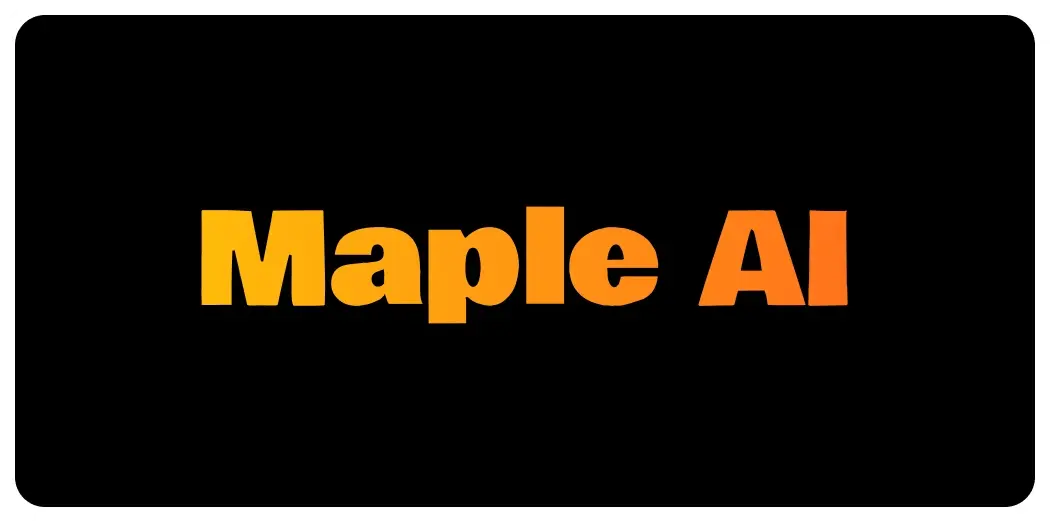Maximizing Environmental Management Success in the Waste Industry with Rachelle Huber of Republic Services
This week we spoke with Rachelle Huber, an experienced staff engineer with a history of working in the environmental industry. Rachelle obtained a Bachelor of Science (BS) focused in Environmental Engineering from San Diego State University-California State University, and moved into the waste industry by what she called a “happy accident.”
As an Environmental Manager at Republic Services, Rachelle shared some fantastic insight on what environmental management looks like in the waste management industry.
Is there such thing as a normal day?
One key takeaway was how much diversity exists within waste management from an environmental compliance perspective. When Ryan asked what Rachelle focuses on, her response was groundwater, stormwater, construction, odor, air emissions, and more. As the conversation continued, we discovered that Rachelle’s work is truly all-encompassing.
The nature of the waste industry is a constant navigating through unknown territory – and the environmental team must work in conjunction with operations to ensure things move smoothly. Rachelle highlighted the difference between routine and non-routine.
The daily nuances are part of the job of working at a landfill, and the environmental team works with operations on a daily basis to solve both short term and long term goals. As part of her routine, there are daily, weekly, and monthly data reports that her team is required to collect.
The waste industry must adhere to both federal and state level regulations, which includes annual reviews of site, monthly reports, and of course, the non-routine check-ins. In working with operations to ensure everything that is happening is working in compliance with different reporting structures, Rachelle defines her role as the ethical compass of the site.
Turning Trash into Treasure
One very interesting item that Rachelle mentioned was the underground network of pipes that exist beneath landfills. This piping, used for methane capture, includes another broad set of compliance tasks, including daily monitoring, daily nonroutine work, and annual construction.
With the rise of composting, Rachelle’s biggest challenge is moving organics out of landfill and into diversion programs. This challenge of managing a new system and making sure everything is working properly is part of the reason Rachelle loves her work. Rather than shying away from the task of managing different types of liquids and organics, Rachelle becomes curious: “It will be interesting on how this removal will change our site, and how we will solve this challenge.”
An industry of adaptability
The waste industry reflects changes in our society. The challenge of removing organics from landfills further emphasizes how closely environmental management and operations are tied together. This connection then posed the question of how COVID-19 had impacted operations for the waste industry. As could be predicted, the industry saw more waste from residential than commercial, but as businesses began to reopen, waste management predicts to see changes in the waste stream.
The nature of the waste industry is the ability to adapt and react to not only regulatory changes, but societal changes as well. Both Rachelle and Ryan agreed on the importance of a dynamic work environment. Environmental management in the waste industry is never boring, and for those who enjoy the continuous learning aspect of the job, and want to make a difference, then pursuing environmental management in the waste industry may be for you!
Watch our full interview with Rachelle.


%201%20(2).png)

